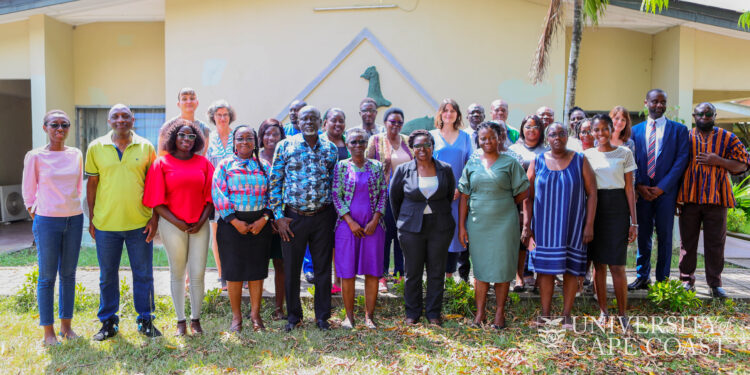Researchers from the University of Cape Coast, the Freie Universität Berlin (FUB), and Kenyatta University have concluded a project they undertook to develop measures to promote equal opportunities in Universities.
The EQUIP project began in May 2019 between the Centre for Gender Research Advocacy, and Documentation (CEGRAD), UCC, and the Freie Universität Berlin.
The project entailed a four-year plan to develop and implement crucial equal opportunity practices at the University of Cape Coast.
It had as its primary objective is to realize equal opportunities at UCC by establishing conducive structures and professionalizing actors during the first stage.
It also aimed to establish UCC as a hub for disseminating equal opportunities, knowledge, and good institutional practices in Africa starting with a pilot partnership with Kenyatta University (KU) in the third year.
Speaking in an interview with ATL FM NEWS after the wrap-up conference on December 7, 2022 all the project team members were glad the project was successful and looked forward to further collaborations among the three universities in the future.
Dr. Amanda Odoi, a project team member representing CEGRAD UCC indicated that throughout the four years enough awareness has been created on the project to ensure its success.
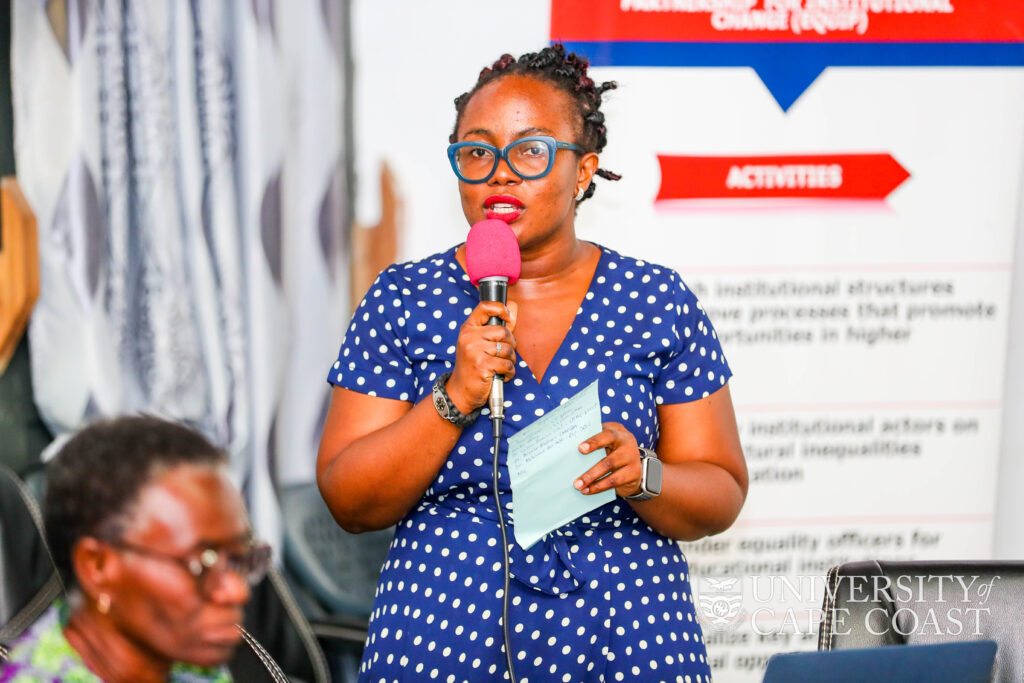
She said “we’ve trained some gender equality officers which we call them to fit into certain positions based on the discussion that we have. And also in creating UCC as a hub is the next step. So we have an action plan in place now which is supposed to be an outcome for all the four-year activities. So I would say as it has been successful, we have been able to achieve all the matters that we’re interested in except the one that is supposed to be done beyond the project phase which is making UCC a hub and extending it.”
According to her, the participating institutions are ready and open to implementing the same or similar activities in their institutions.
She added that they have also had previous workshops where they invited other institutions that also expressed interest as such they are hopeful that it will be something that’s feasible.
Though the project was successful, a representative from the Gender Equality Office of Freie Universität Berlin who is also a sexual harassment counsellor, Miss Wendy Stollberg tells the news team it was not devoid of challenges.
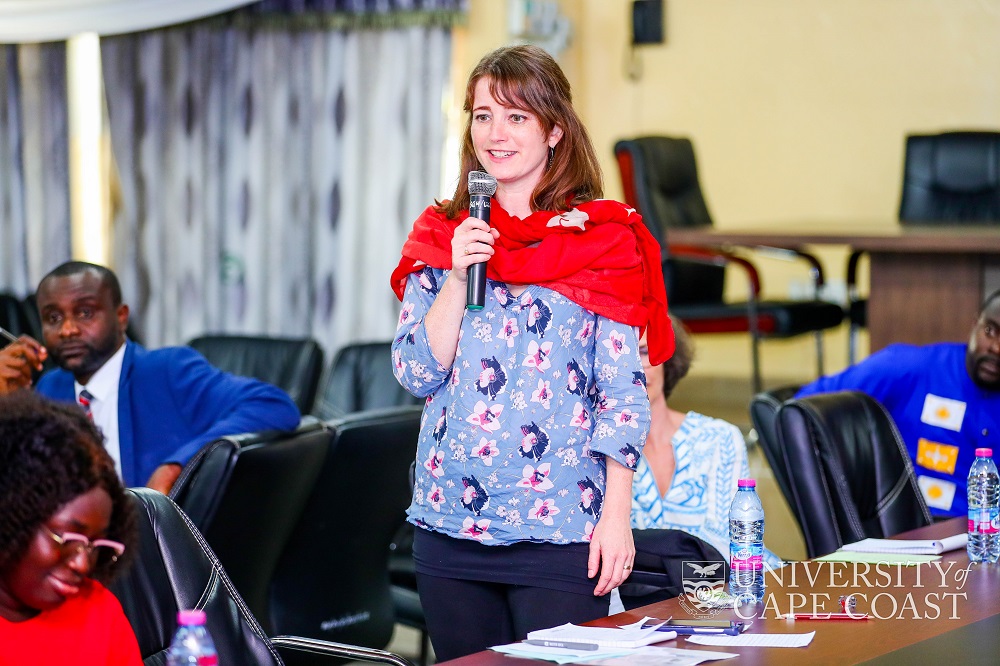
She notes that the coronavirus pandemic which hits the globe had major effects during the process of the four-year project.
“So I think this was something and the universities, all of the institutions, no matter whether in Africa or Europe, had to organize themselves and try to figure out ways of coping with a pandemic where things can only happen online. So this really cost us a lot of years and money had to be changed because funding is usually for certain things like you have to have a conference, but if you don’t do it, you have to shift budgeting. So this has been difficult.
“…also different structures or different logics within the universities. So some things that at Berlin University were normal were not normal for UCC and the other way around; this just didn’t work together and also the funding parties, the DAAD also had a different logic. And to combine all this while people were away on strike or dealing somehow with COVID issues was really difficult” she continued.
Meanwhile, according to a project team member from Kenyatta University, Dr. Winifred Mutuku, scaling up the project to other Universities should be the way forward.
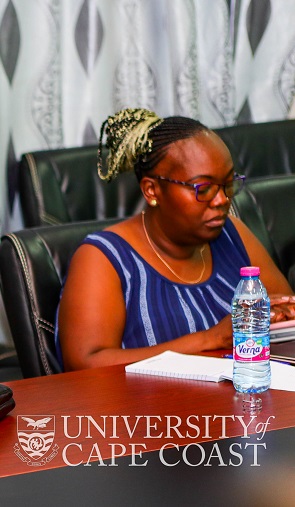
To her, the project which was done at UCC should not end there as there must be plans to scale it up to other institutions.
“We have gender issues in other sectors. It could be the industry, it could be the non-education sectors. What plans are there to escalate the same to the other sectors? So for me, I would say this should just be the beginning. There should be thoughts on how this can be scaled up”, she emphasized.
Dr. Mrs. Ama Thomford is a Senior Lecturer with the Department of Biomedical Sciences at the University of Cape Coast and was trained as a gender equality officer under the project.
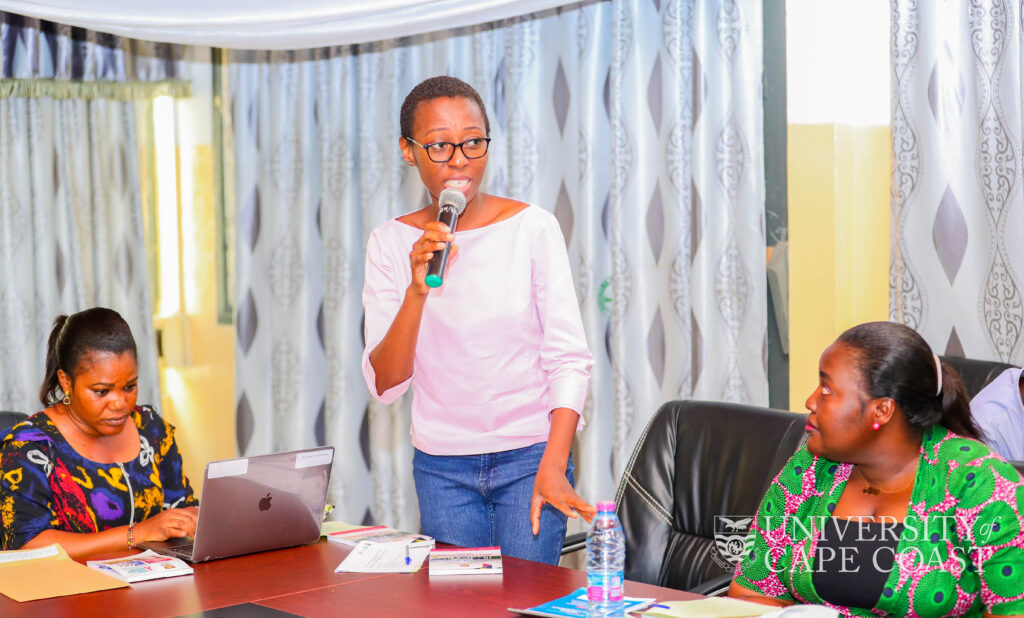
Sharing her experience she said the EQUIP project has helped her gain skills and knowledge on gender issues which believes will benefit students with gender issues, especially on sexual harassment.
She, therefore, thanked CEGRAD for always availing itself as a hub to train more personnel to be able to stand up for the rights of the marginalized in society.
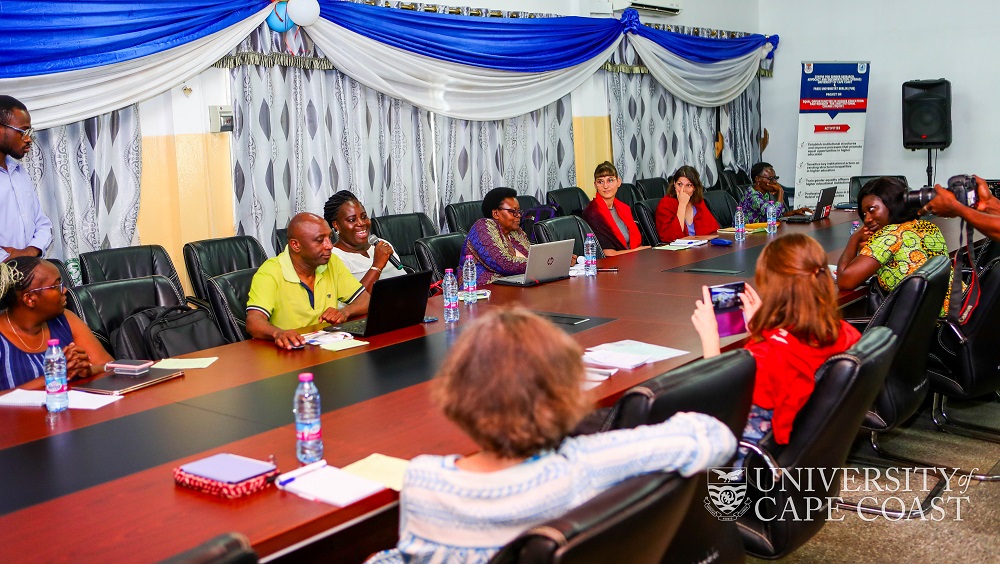
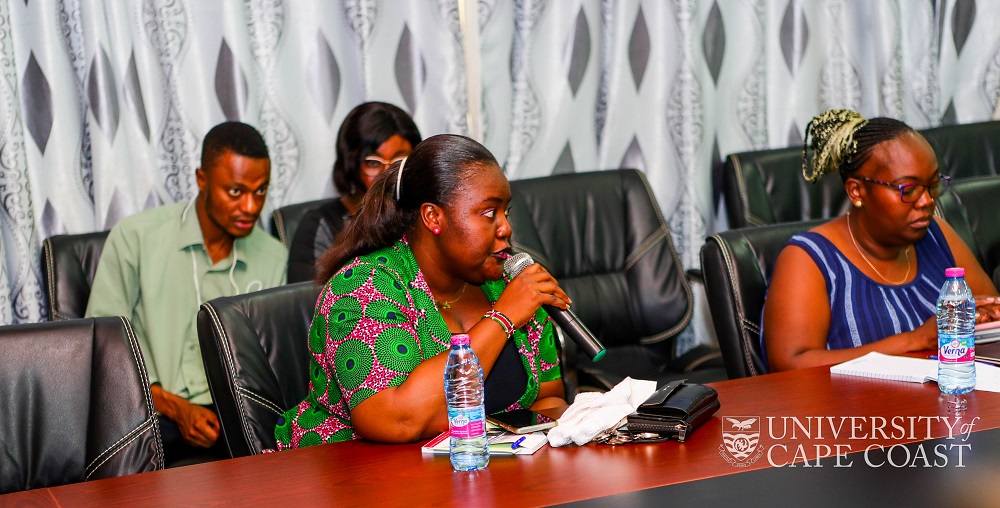
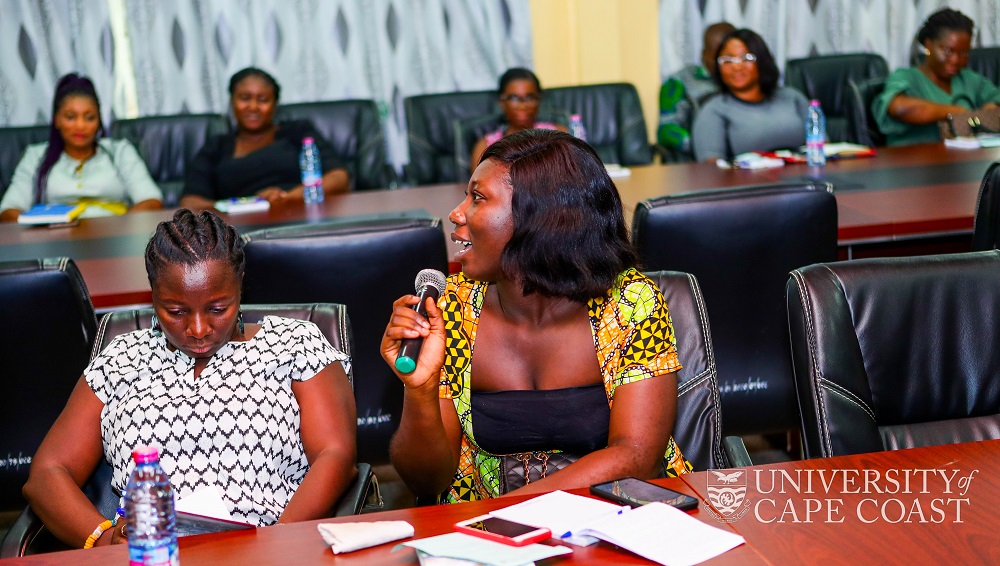
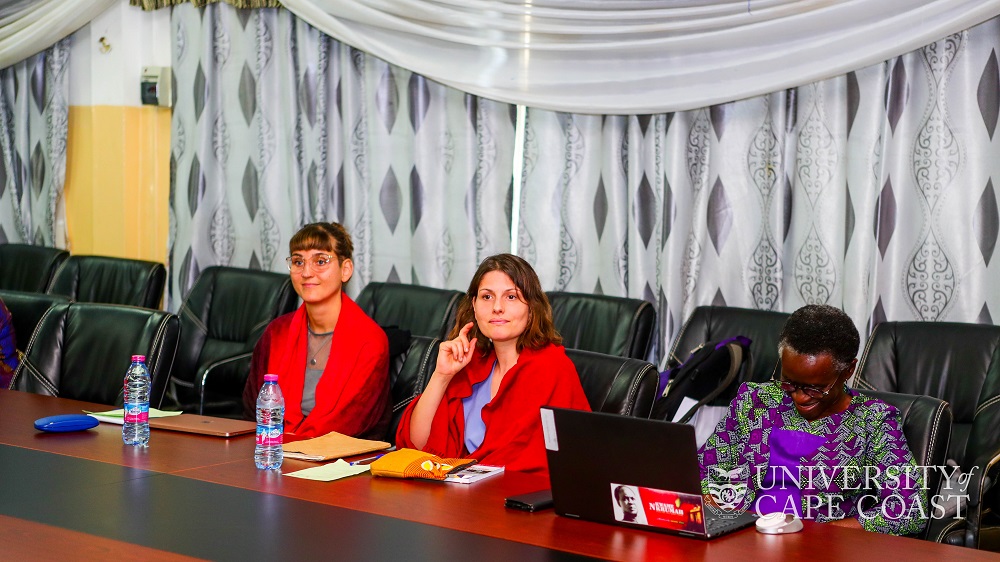
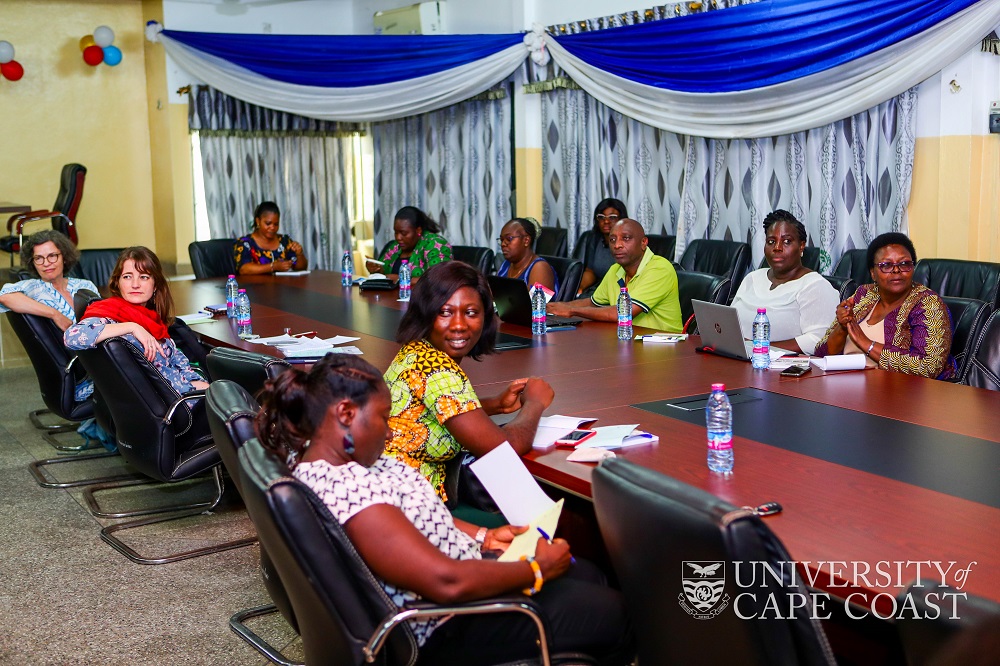
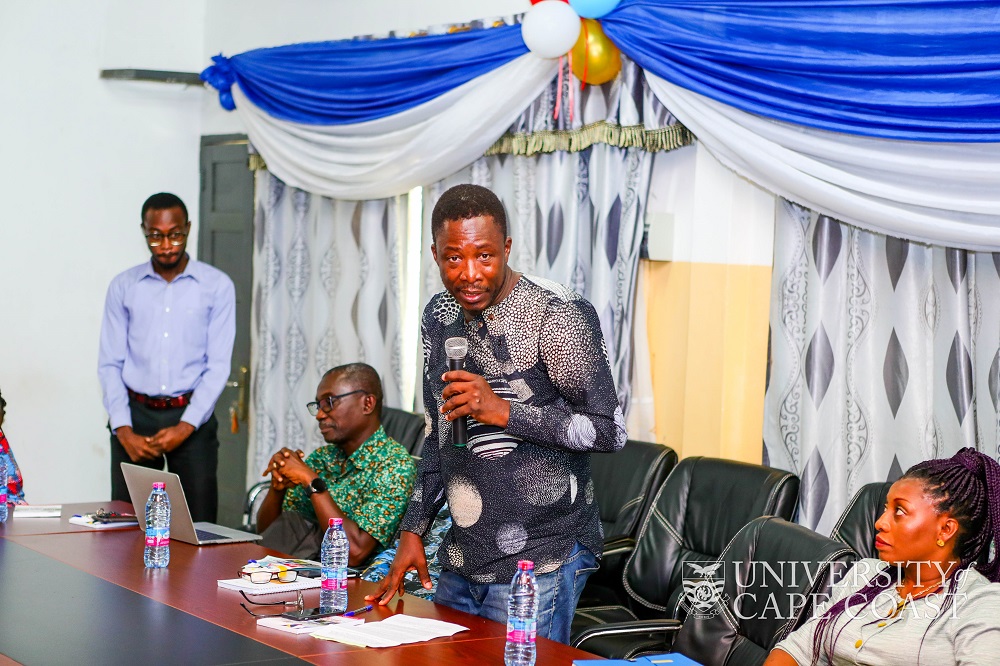
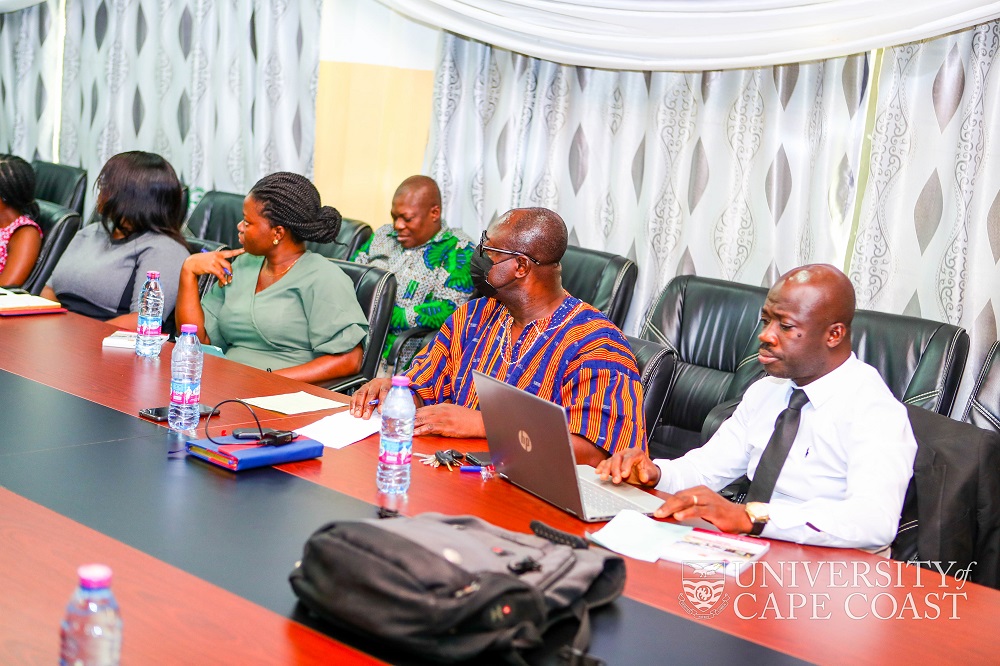
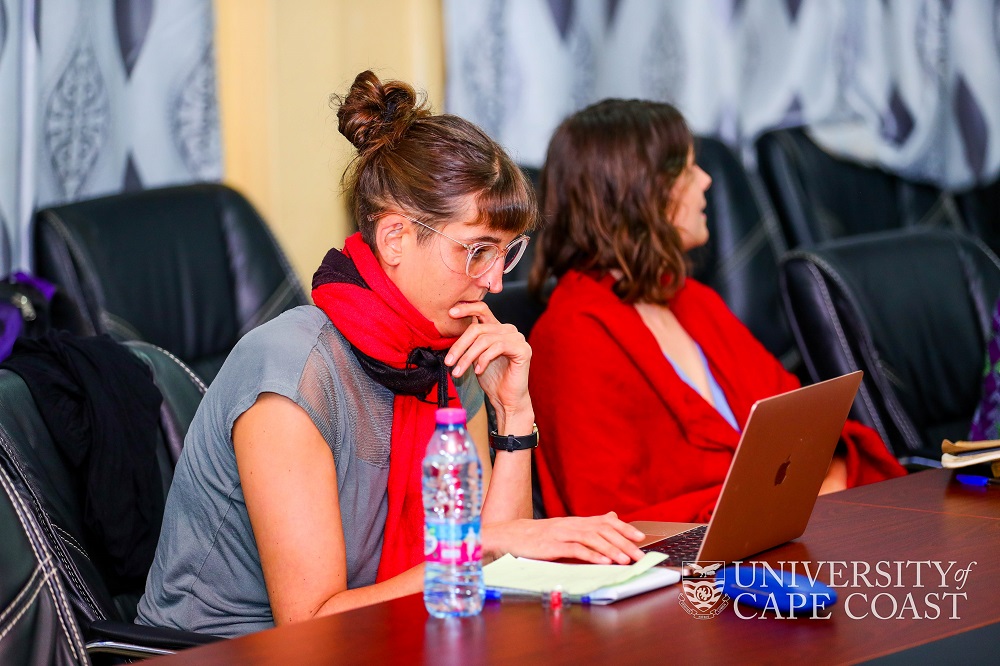
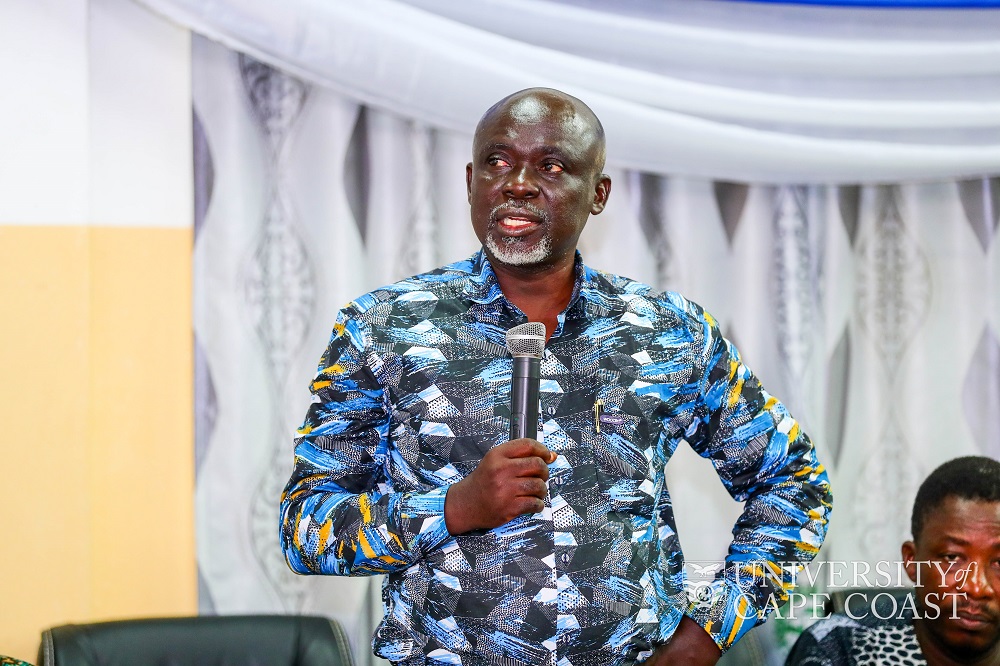
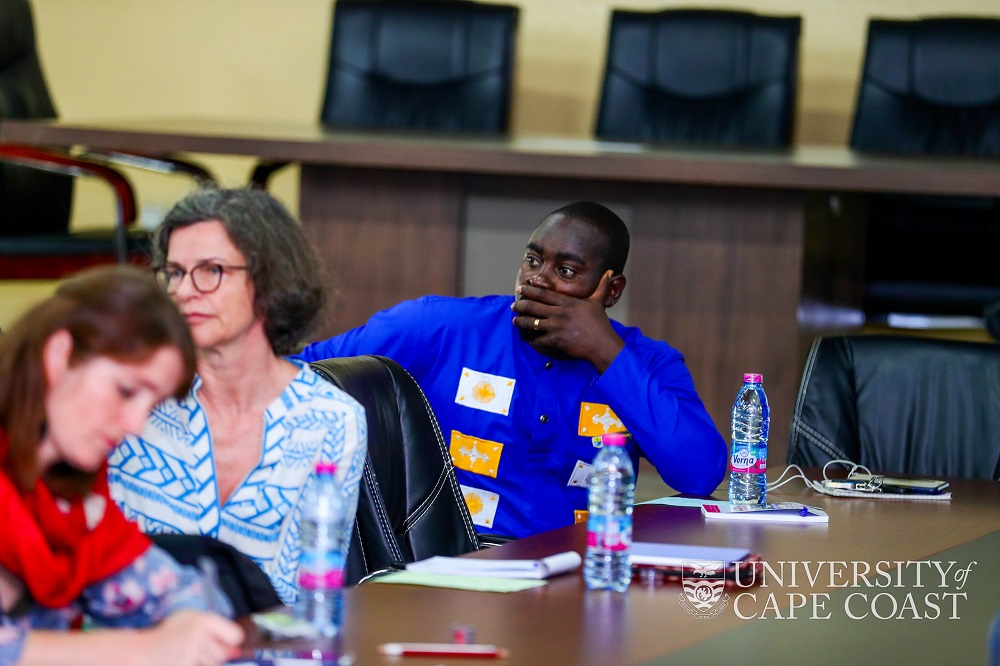
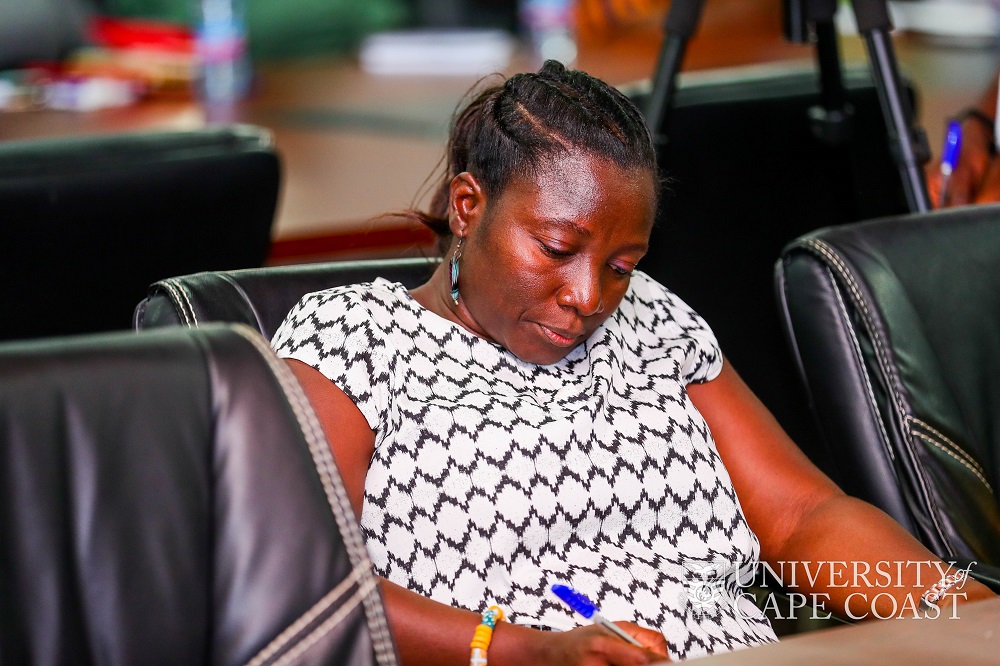
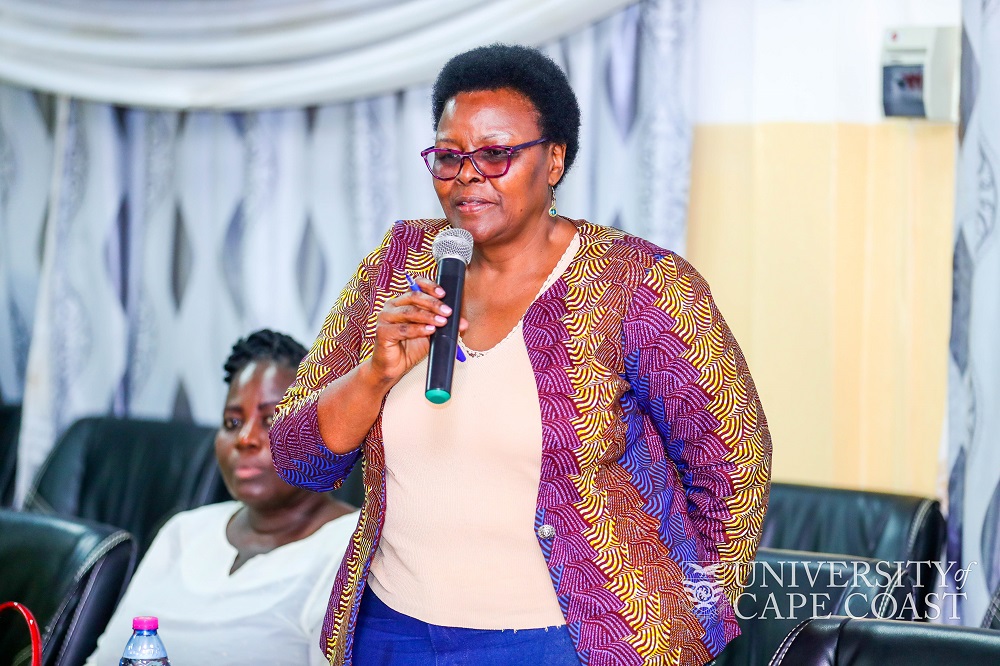
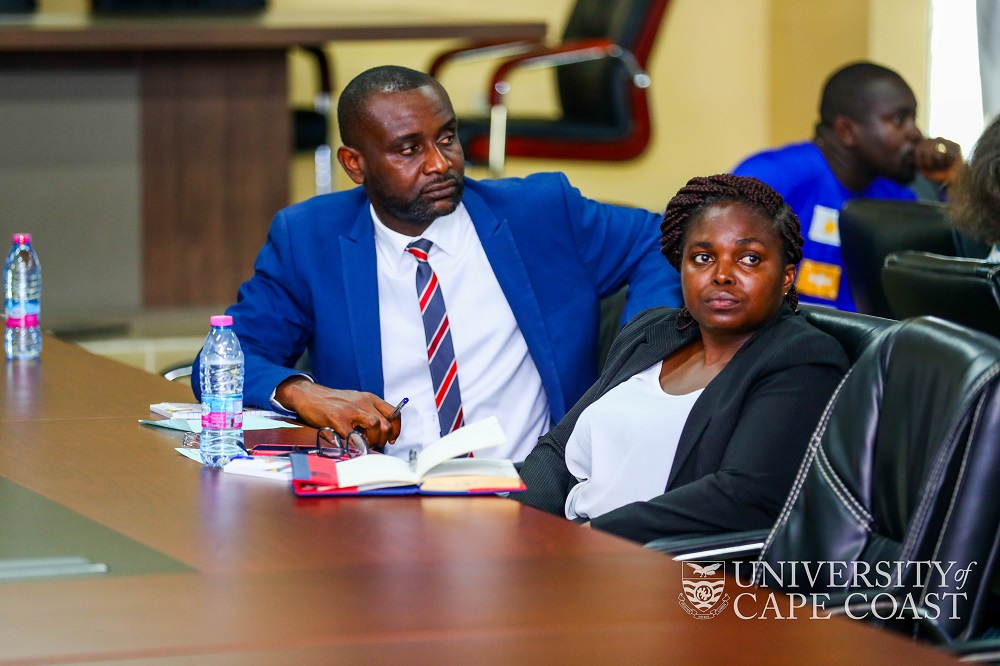
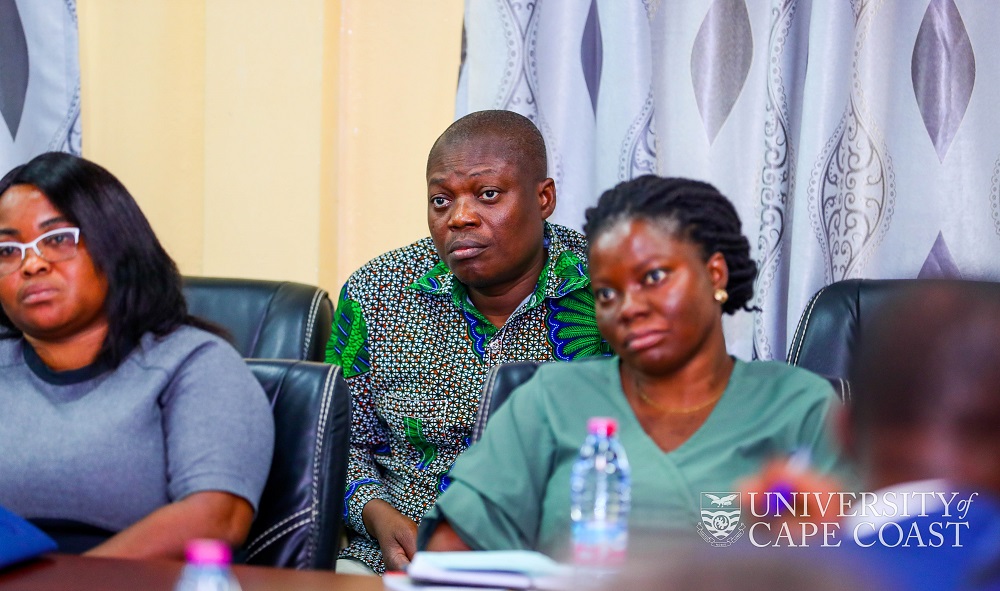
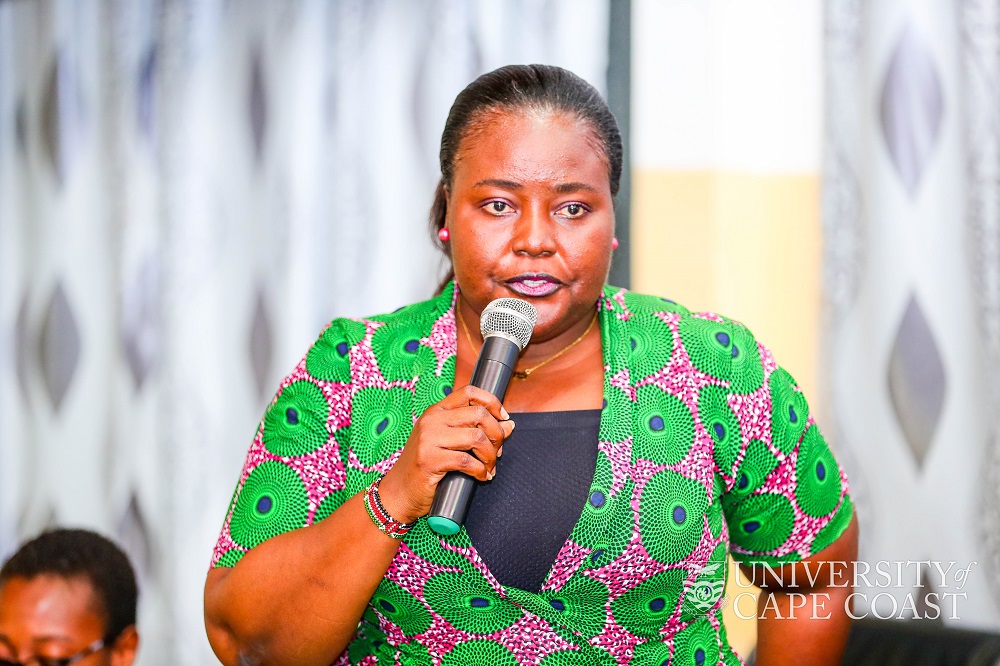
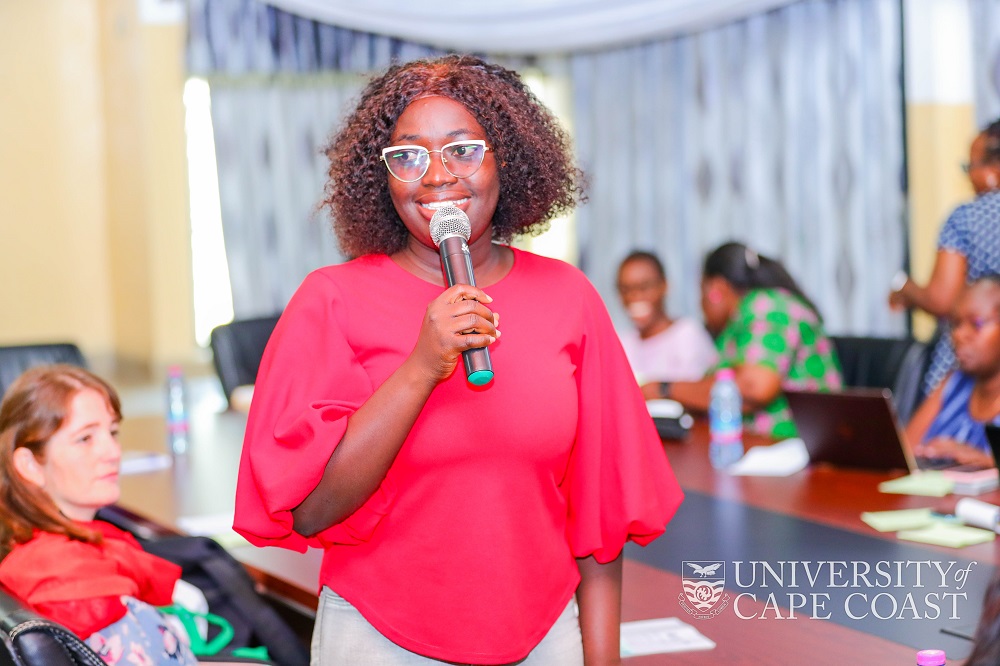
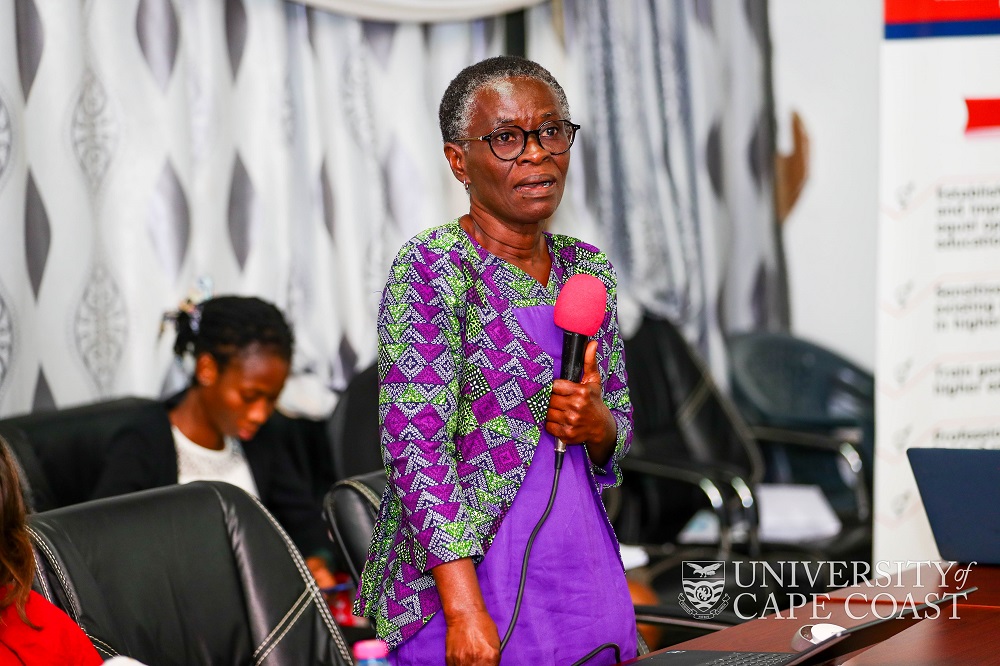
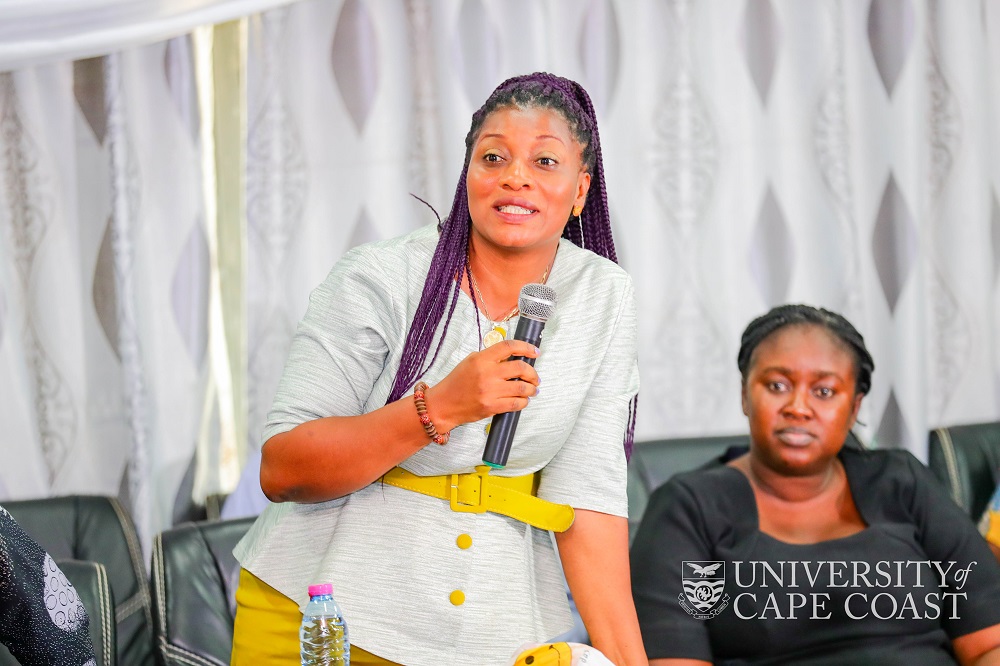
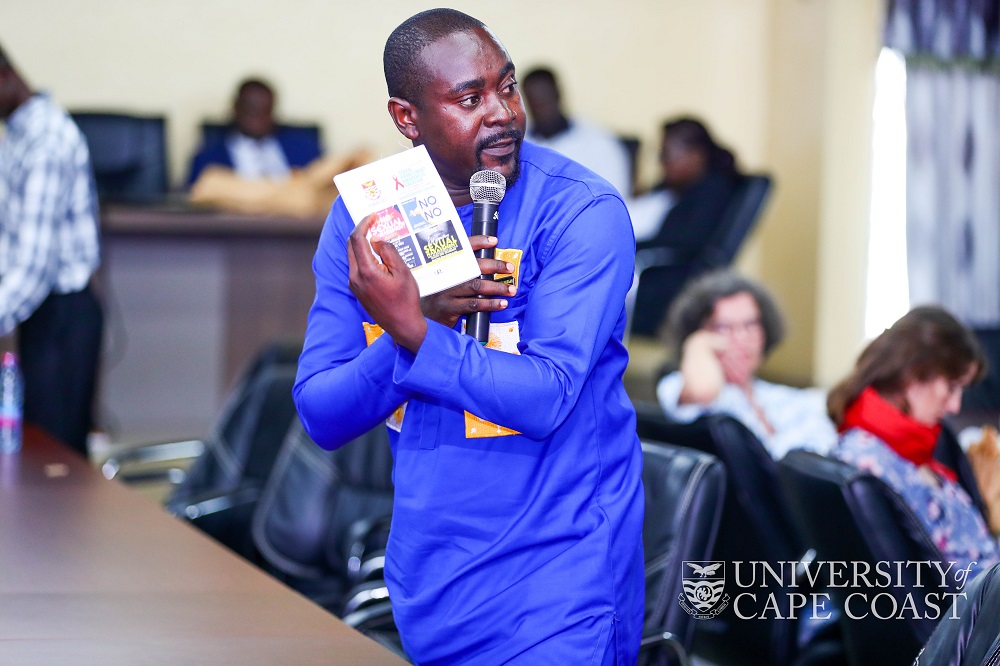
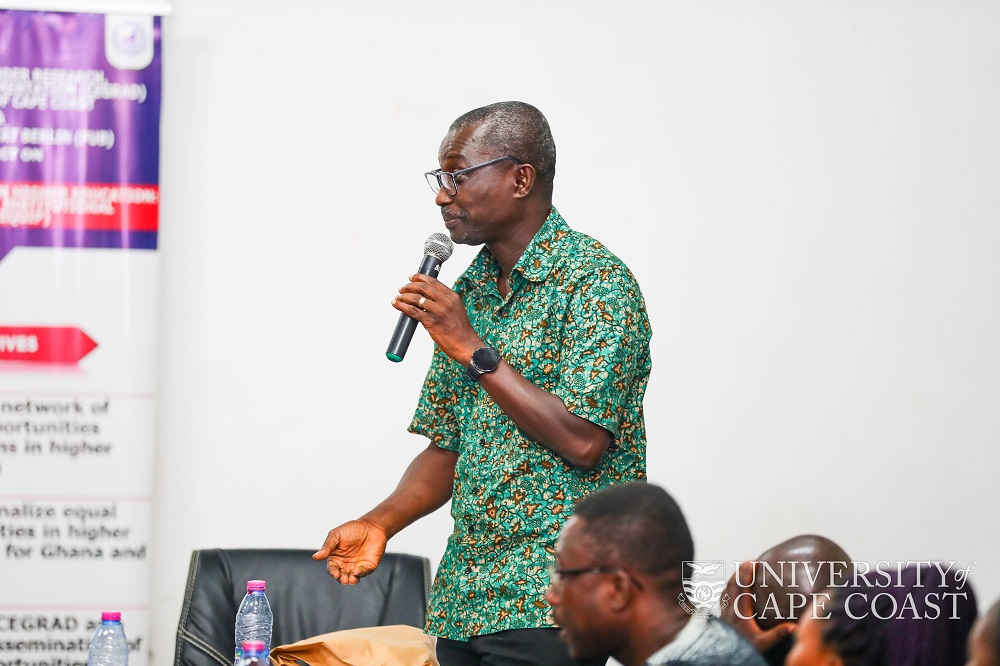
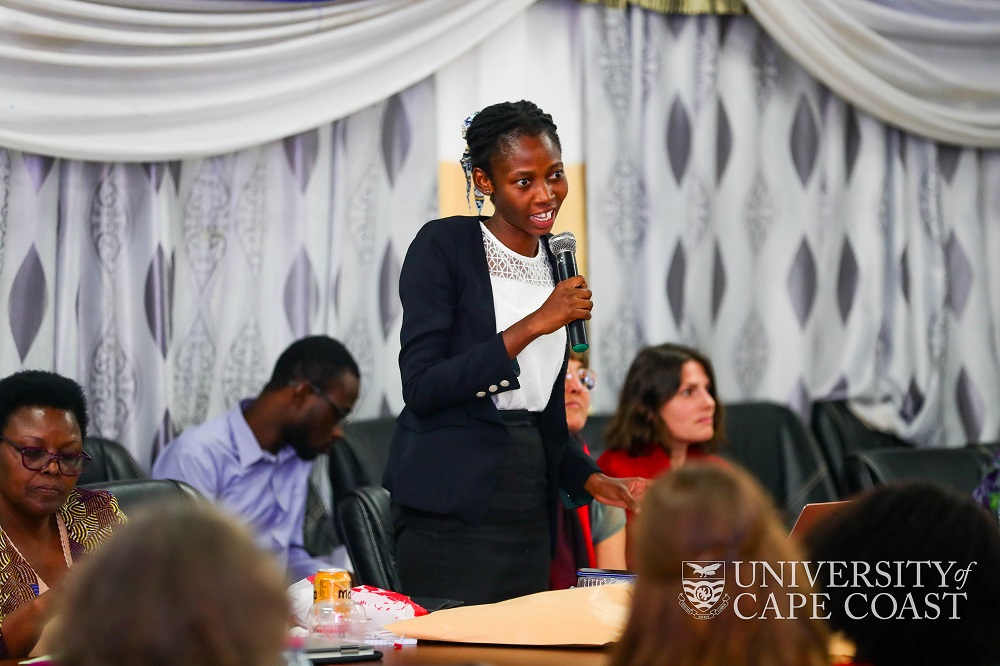
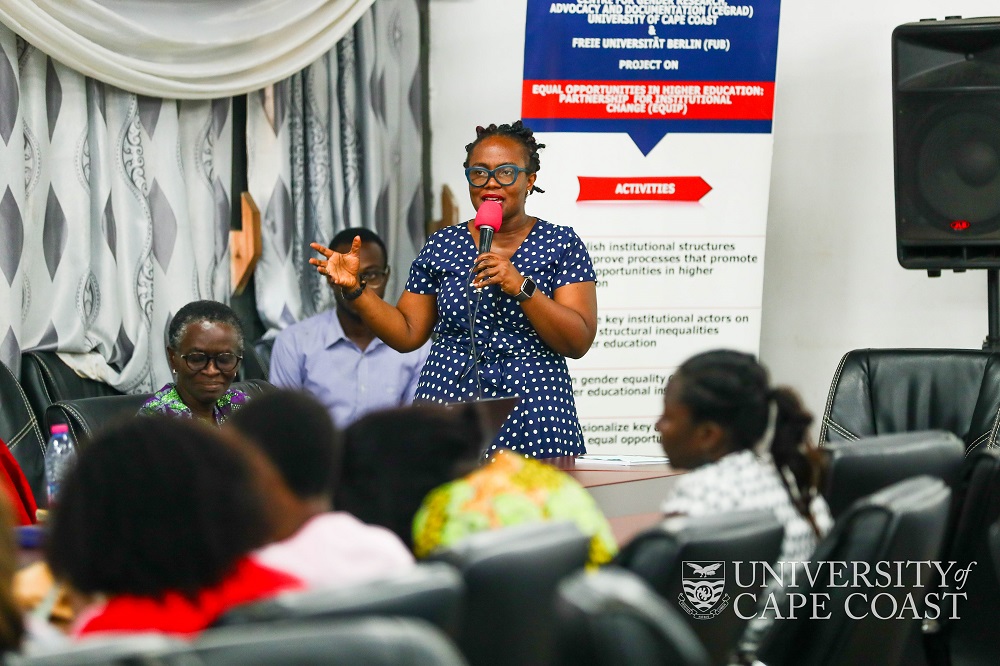
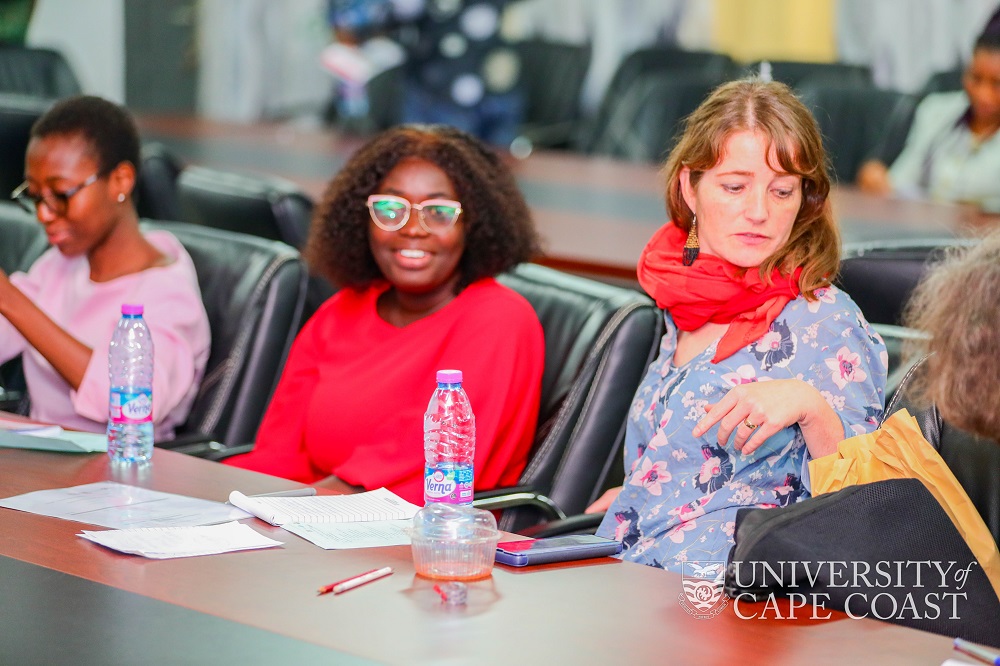
Read also: UCC: CEGRAD and the Freie Universität Berlin conclude on EQUIP Project
Source: Rosemond Asmah/ATLFMNEWS















